An imagined China and feeling Chinese in Thailand
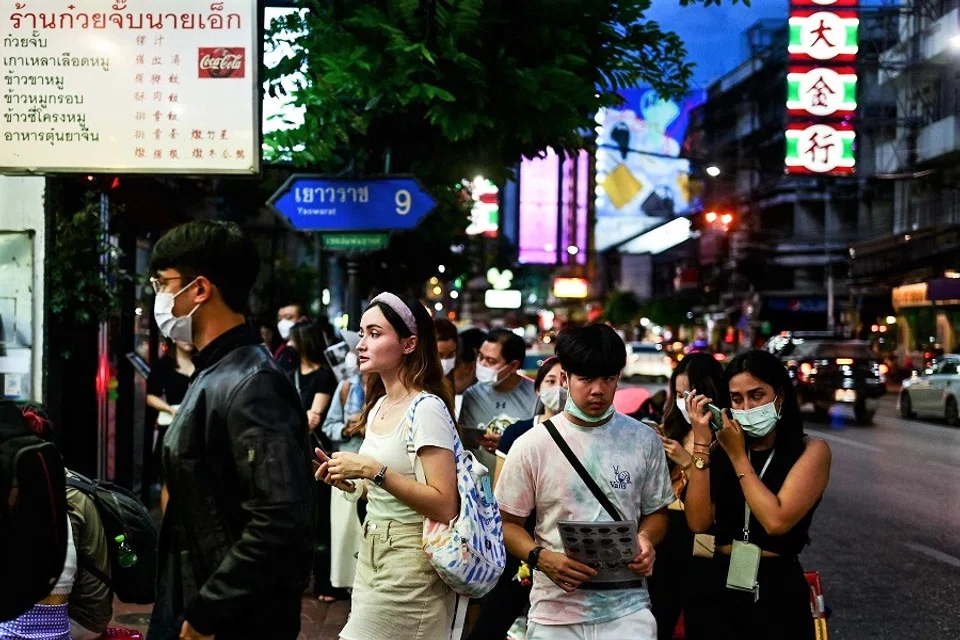
"Feeling Chinese" in Thailand, and elsewhere too, is not a natural sentiment but a product of a constantly changing normative order of emotion. As described by historian William Reddy, a "regime of emotion" curtails our feelings and behaviours.
In Thailand, the interplay between the regime of emotion and the Chinese shaped being and feeling Chinese over time. Transnationalism also played a significant role as being and feeling Chinese always involves transnational ties.
Regime of emotion and feeling Chinese
At the end of the 19th century when Siam (former name of Thailand) became a modern nation-state, the status of the Chinese became perceived as a sociopolitical problem.
The homogeneous notions of territory and identity that Siam tried to rigidify did not fit well with the status of the overseas Chinese. Besides identifying with China and rising Chinese nationalism, the Chinese at that time could register themselves as colonial subjects which allowed them to enjoy extraterritoriality. The influence of the Xinhai revolution on Siam's absolutism also rang alarm bells. Moreover, Siam did not possess much political authority to deal with overseas Chinese affairs.
Faced with this situation, the Siamese king, in particular Rama VI, the father of Thai nationalism, turned to emotion as a tool to curtail the Chinese and assimilate them into the Thai community.
Rama VI, who coined the term "the Jews of the Orient" for the Chinese in his realm, constructed an emotional regime that imposed shame and guilt on being and feeling Chinese.
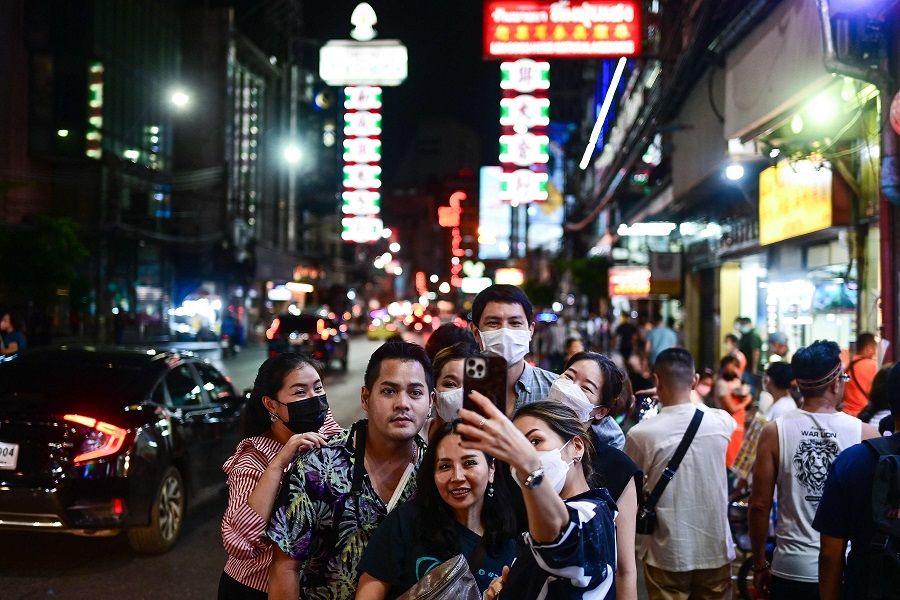
Rama VI, who coined the term "the Jews of the Orient" for the Chinese in his realm, constructed an emotional regime that imposed shame and guilt on being and feeling Chinese. The king expected that after experiencing emotional suffering from being branded as the Other to the Thais, the Chinese would find emotional relief by renouncing some of their Chinese cultural traits and assimilate into the Thai community.
After the end of the Siamese absolute monarchy in the early 1930s, the new regime under the leadership of Field Marshal Plaek Phibunsongkram (hereafter Phibun) inherited this emotional regime.
However, as extraterritoriality became bygone, the new regime could implement substantive and harsher measures towards the Chinese such as the closure of Chinese schools, discouraging the learning of Chinese, tightening control on Chinese economic activities, and suppression of their political activities. Phibun's anti-Chinese policy served a similar purpose to Rama VI's sinophobic rhetoric: to turn the Chinese into loyal subjects and draw them into a patron-client relationship with the state elites.
After undergoing emotional suffering and experiencing relief by renouncing shameful Chinese cultural traits and Chinese nationalism, one could finally take pride in being Thai. Despite the ebb and flow of an emotional regime based on shame as a coercive emotional tool, this regime worked quite well until the late 1970s.
...there were always pockets of emotional refuge that the Chinese overseas relied on, be it political movements, films or novels.
Thai-ified wuxia literature and imagined China
Within the emotional regime that sought to curtail the Chinese by shaming them, there were always pockets of emotional refuge that the Chinese overseas relied on, be it political movements, films or novels. These forms of emotional refuge not only helped the Chinese resist and release the emotional suffering imposed on them by the dominant emotional regime, but they were also the spaces in which Thai-ified Chinese-ness took shape.
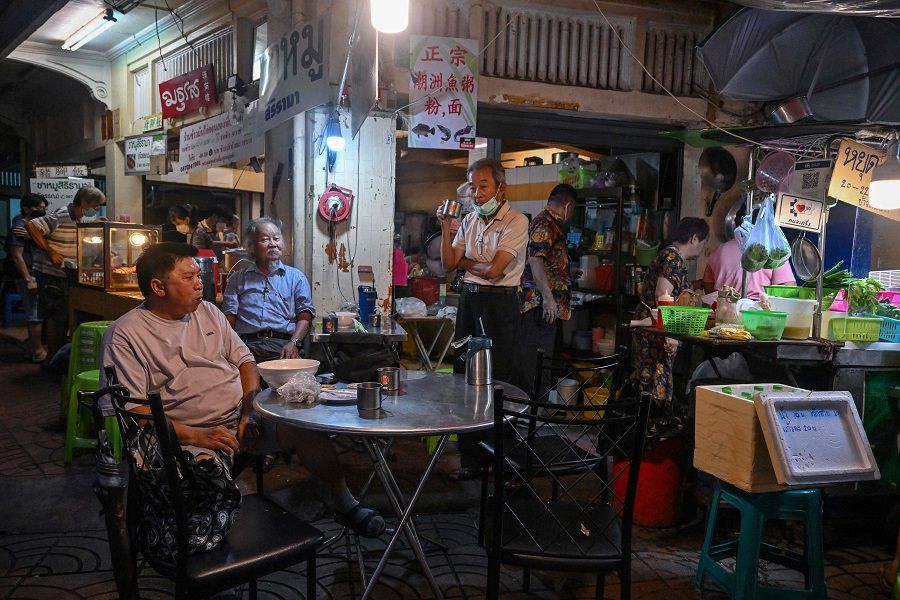
During World War II which overlapped with the Second Sino-Japanese War in China, joining the anti-Japanese movement became an emotional refuge that released the Chinese from shame and guilt. Since joining the anti-Japanese movement in Thailand along with Thai patriots was equivalent and parallel to the anti-Japanese movement in China, the Chinese could take pride in being Thai and Chinese patriots simultaneously.
At the end of World War II, the political movements associated with the communist campaign provided another emotional refuge. For the Chinese who had suffered postwar economic setbacks and experienced harsh measures implemented by the Thai government, the promise of a new China after the 1949 revolution worked as a metaphor for a better future. They imagined new China as a land of hope and prosperity and took interest in things related to communist China. To imagine positively about China thus was also an allegory for criticising the authoritarian regime in Thailand. However, the development in China under Mao's rule after the 1950s ended this imagination.
Deep down, the construction of an imagined China and the use of the China metaphor helped fulfill the second generation's longing for Chinese-ness.
Communist China as a metaphor for hope and prosperity briefly reemerged again during the student movement in the 1970s. Led by many second-generation Thais of Chinese who adopted Thai names and grew up with almost no knowledge of Chinese and China, the student movement employed communist China as a metaphor to criticise the Thai military government then. Deep down, the construction of an imagined China and the use of the China metaphor helped fulfill the second generation's longing for Chinese-ness.
Chinese films and literature also played significant roles as an emotional refuge, particularly for the second-generation Thais of Chinese descent born from the late 1950s onwards and who became the majority of the Chinese population in the Cold War era.
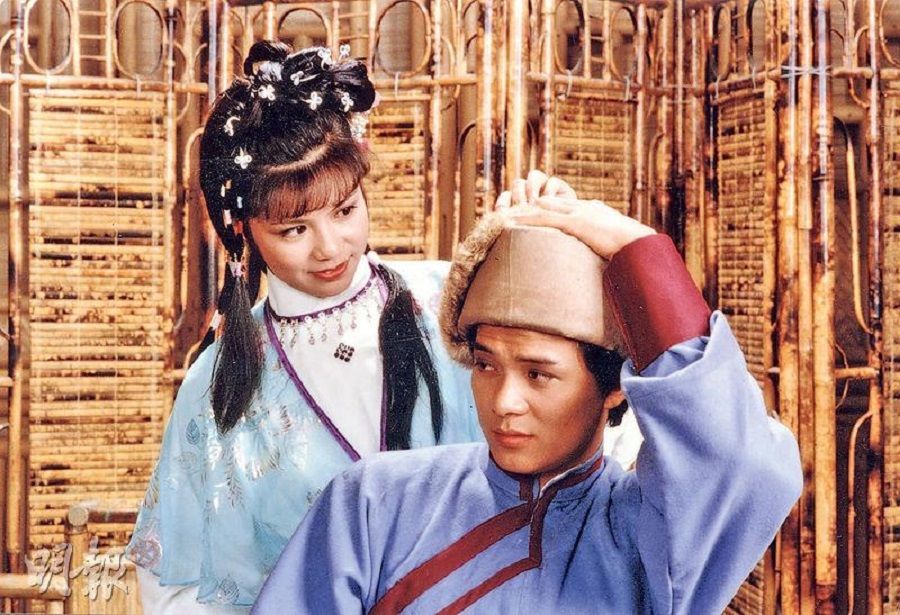
During the Cold War, films from Hong Kong-based Shaw Brothers Studio and wuxia (武侠) literature quenched the thirst for knowledge on Chinese culture and China. These films and literature helped educate the generation that had limited knowledge of Chinese, let alone connection with mainland China, about Chinese-ness. These films and literature implanted in them Chinese values and knowledge about mainland China that were imagined through films and literature.
Due to its popularity and to make it comprehensible for the Thais of Chinese descent who were familiar with Teochew, Wuxia literature was translated into Thai by using Teochew sounds for Chinese names and places. However, it was not a direct translation but an oblique translation into Thai-ified Wuxia literature that was repositioned in a Thai-Chinese context. For instance, Jin Yong's famous Legend of Condor Heroes (《射雕英雄传》) was translated into Thai and renamed Jade Dragon.
For them, learning Mandarin Chinese is more about seizing economic opportunities than the connection with long-lost Chinese-ness.
Feeling Chinese and the rise of China
In the context of China's rise since the 1980s and amicable Thailand-China relations since then, the Thai-Chinese population underwent another change as the third and fourth generations became dominant. This group became more confident about their Thai identity and had more means to acquire knowledge about China. Finding an emotional refuge as a place for feeling Chinese was not necessary anymore as Chinese identity could be displayed in public without feeling shame or guilt.
Many of these third- and fourth-generation Thai-Chinese have imbibed learning Mandarin Chinese while their parents and grandparents continue to speak Teochew. For this younger group, their sense of feeling Chinese is definitely different from the fore generations. For them, learning Mandarin Chinese is more about seizing economic opportunities than the connection with long-lost Chinese-ness. They also mainly seek out avenues of feeling Chinese within Thai society as evidenced by the boom of Thai-Chinese nostalgic places ranging from museums and cafes to markets.
... criticising China has become an allegory for criticising the present Thai military-led government which has close ties with Beijing.
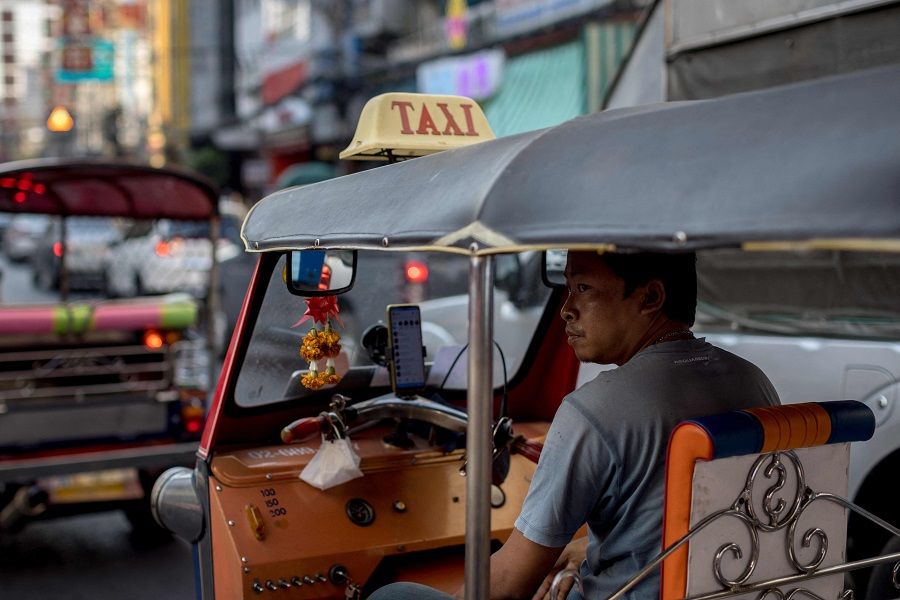
Furthermore, with knowledge of sociopolitical development involving China such as the Hong Kong protests in 2019-2020, China's zero-Covid policy, and China-Taiwan tensions, the younger generation has become more critical towards China.
Feeling Chinese nowadays has less connection to mainland China. And, if China is still a metaphor for something, it is not a metaphor for hope or prosperity for sociopolitical development in Thailand. On the contrary, criticising China has become an allegory for criticising the present Thai military-led government which has close ties with Beijing.
Related: The nature of recent Chinese migration to Thailand | New Chinese migrants forming parallel communities in Chiang Mai | Rising Chinese student enrolment in Thailand: Cash cows at a cost | Thai military deepens engagement with China amid pandemic | From pro-Taipei to pro-Beijing: Are KMT Chinese in Thailand switching their allegiance?
